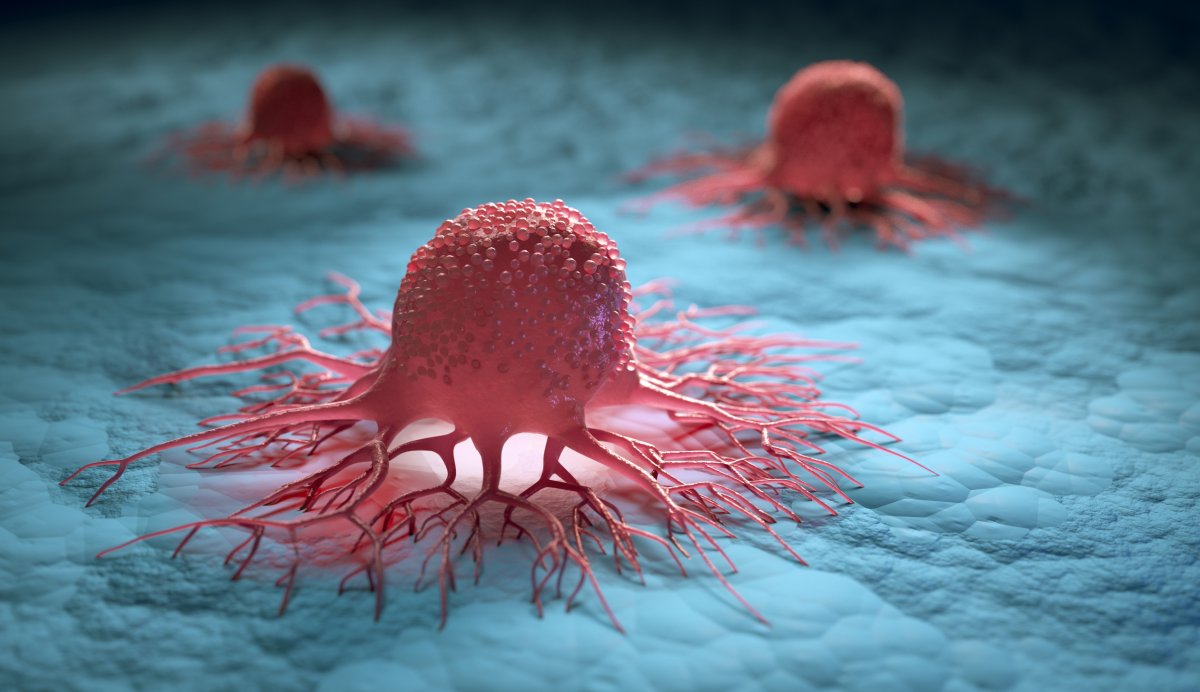Scientists have injected a human medical trial participant with a virus that is designed to kill cancer cells.
The treatment is known as oncolytic virus therapy, in which a natural virus is genetically modified to enter cancer cells and replicate itself, thus killing them. Crucially, it's designed to do this while avoiding healthy cells.
The treatment can also help prime peoples' immune systems against cancer, according to Imugene Limited, a clinical cancer research company.

The virus in this new trial is known as CF33-hNIS, also known as Vaxinia. The phase 1 clinical trial will start off by injecting the virus into people who have solid tumors and have had at least two prior types of treatment. The virus is either injected into the tumor directly or into a vein.
Then, once safety has been demonstrated, patients will be injected with both the virus and pembrolizumab, an antibody that improves the immune system's ability to fight cancer cells.
The trial will aim to recruit 100 cancer patients across the U.S. and Australia over a period of approximately two years.
Patient recruitment is ongoing, but Imugene along with the Los Angles-based cancer care clinic City of Hope announced on May 17 that the first patient has been dosed with the virus.
"Our previous research demonstrated that oncolytic viruses can stimulate the immune system to respond to and kill cancer, as well as stimulate the immune system to be more responsive to other immunotherapies," said Dr. Daneng Li, principal investigator and cancer research professor at City of Hope, in a press release. "Now is the time to further enhance the power of immunotherapy, and we believe CF33-hNIS has the potential to improve outcomes for our patients in their battle with cancer."
CF33-hNIS is a pox virus that spreads from cancer cell to cancer cell, replicating itself inside of them. Eventually, the cancer cells burst and release thousands of new virus copies. This stimulates the immune system to respond and target the cancer as well. Until now the drug has only been tested on animals.
If the drug does well it could move on to further trials, but it's far too early to tell what the results will be yet. According to the Cancer Research Institute, only one oncolytic virus therapy has been approved by the U.S. Food and Drug Administration (FDA) before—T-VEC (Imlygic), which is a modified herpes virus that is approved for the treatment of melanoma, a type of skin cancer.
Each year in the U.S., more than 1.6 million people are diagnosed with cancer and nearly 600,000 die from it, according to the Centers for Disease Control and Prevention.
Uncommon Knowledge
Newsweek is committed to challenging conventional wisdom and finding connections in the search for common ground.
Newsweek is committed to challenging conventional wisdom and finding connections in the search for common ground.
About the writer
To read how Newsweek uses AI as a newsroom tool, Click here.








